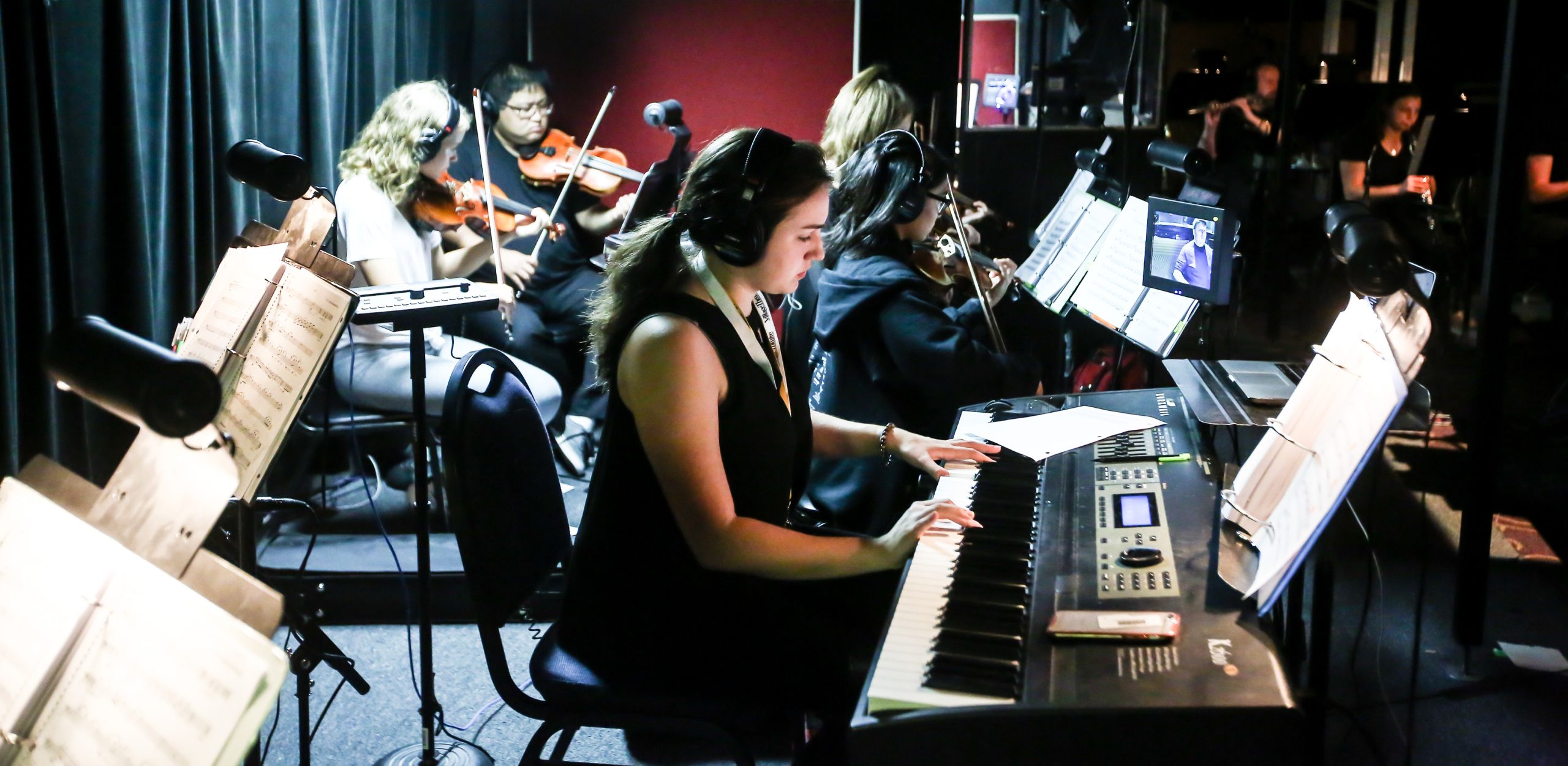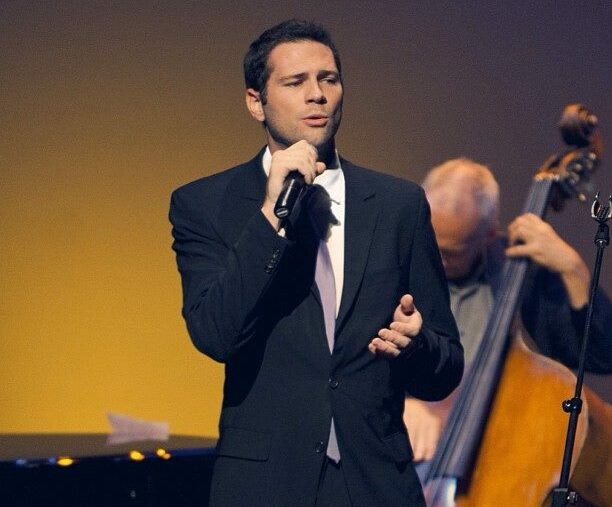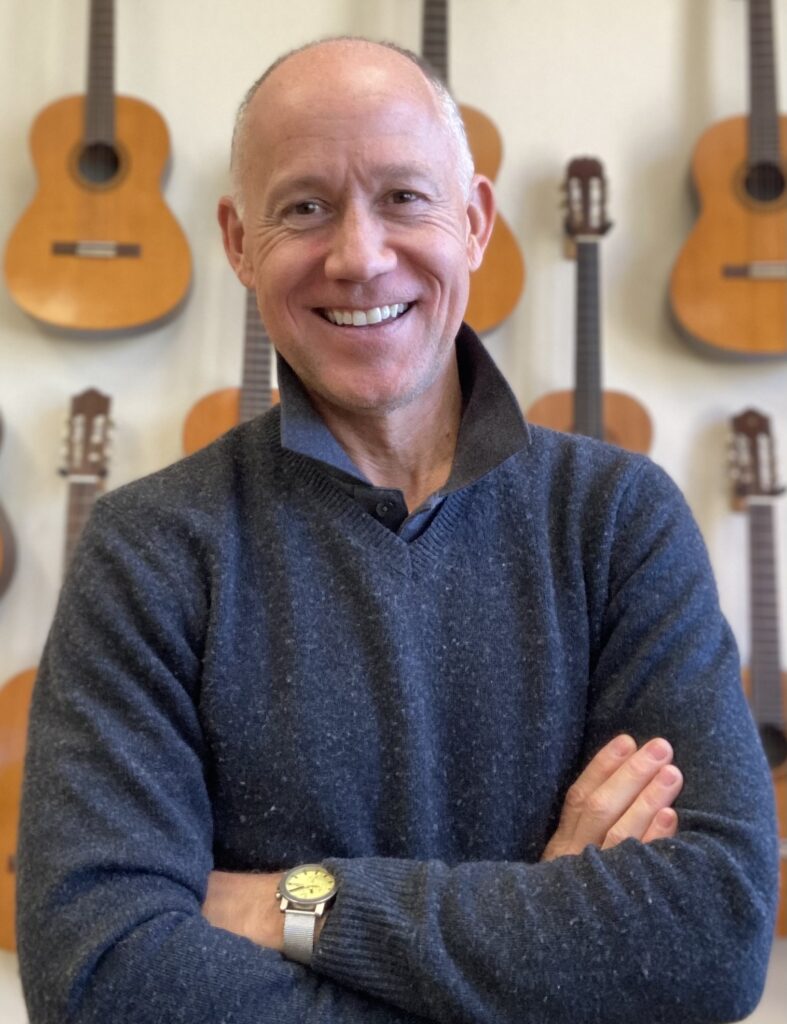Collaborate with fellow musicians to bring musical scores to life

Discover the art of underscoring and supporting live theater with music
The UCLA Pit Orchestra Summer Institute is an immersive two-week program designed to equip high school musicians with the skills and knowledge essential for thriving in the dynamic world of playing in a pit orchestra. Participants will embark on a musical journey, learning the intricacies of preparing a musical production, refining sight-reading abilities, exploring the music business and various platforms in technology, and honing a wide array of musical and collaborative skills. From rehearsal techniques and orchestration to networking in the industry, this program offers a comprehensive exploration of the pit orchestra landscape.
Pit Orchestra Summer Institute Program Overview
Applications are reviewed and admission to the program is granted on a rolling basis starting February 15th. Applying at your earliest convenience, prior to June 6th, is highly recommended.
To participate in the Pit Orchestra Summer Institute, applicants must apply and receive acceptance into the program. Applicants who successfully submit all requirements will be reviewed and notified via email of an admission decision within 3 weeks.
All applicants must be proficient on their respective instruments. A solid understanding of instrument technique and performance is required. Excellent music reading skills are essential to playing in a pit orchestra. Applicants should be able to sight-read music accurately and adapt to various musical genres and styles. Previous participation in a pit orchestra, either within a school or community theater setting, is a prerequisite.
As part of the application process, you will be asked to submit the following:
- An unofficial transcript from grade 9 to present reflecting a cumulative GPA of 3.2 or higher
- If your school transcript utilizes a different grading system, please submit your transcript as is. If available, please attach a translation/equivalency guide.
- INTERNATIONAL STUDENTS: If you are an international student, a transcript refers to your complete secondary academic record. To learn more about converting your grades into a US-based GPA, please click here.
- If your school has a translation/equivalency guide, please also include it with your transcript. If you do not have a translation/equivalency guide, please still submit your most up-to-date transcript as is for staff to review.
- Value statement: At the time of registration, ALL applicants will be prompted to submit a few short sentences reflecting on their pursuit of participation in a UCLA Precollege Summer Institute. Please note that students are strongly discouraged from relying on ChatGpt/AI tools for their application responses and are encouraged to submit original and authentic answers.
- A current resume.
- One to three video files—no longer than 10 minutes each—of performance work that demonstrates your playing in the following areas: musical theater pit orchestra or ensemble performances. In addition, you are required to submit a video file of you playing an excerpt from the show. (see Video Audition Guidelines in FAQ below)
Please note that the pit orchestra for this year’s musical “Urinetown,” requires reed players (Clarinet, Soprano Sax, Alto Sax, Bass Clarinet), Trombone, Bass, and Drums.
- Answer the following prompt: Describe your passion for music. What do you hope to gain in the Pit Orchestra Summer Institute? (500 words max)
Due to the intense nature of the Pit Orchestra Summer Institute and the time commitment involved, a residential track is available as well as a commuter track.
The residential track is ONLY available to students who will be 17 years of age or older by June 23, 2025. NO EXECPTIONS are made to this eligibility requirement.
The Pit Orchestra Summer Institute – Session A.1 is a residential program.
All residential precollege program tracks also feature scheduled non-curricular evening and weekend activities that all residential students are expected to participate in. The nature of these scheduled activities is at the sole discretion of the individual academic department offering the program, and are not operated by UCLA Summer Sessions. To learn more about when your selected program will host such activities, please consult the schedules for each program, or contact the department in question directly: TheaterSummerInstitutes@tft.ucla.edu
Most of our residential precollege programs will hold check-in on the Sunday before the start of the program between 4-6pm, and hold check-out the Saturday after the final day of class at 11am. Please contact the department in question directly to confirm check-in and check-out times: TheaterSummerInstitutes@tft.ucla.edu
For more information on UCLA housing precollege programs, please see the Housing for Minors page.
The Pit Orchestra Summer Institute – Session A.2 is a commuter program.
There is NO on-campus housing available for the commuter program through the institute program or UCLA Summer Sessions. Additionally, please note that only students aged 17 and older as of June 23rd, 2025 are eligible to sign a housing contract, and not all program dates correspond to when contracts are available. Students interested in exploring this option should review information at UCLA Summer Housing.
Participants of the Pit Orchestra Summer Institute must commute to the UCLA campus each day of the program. Specific location information (e.g. classroom) will be provided to enrolled students closer to the start of the program.
Parking
Summer Sessions parking permits will be available on a first-come, first-served basis. Students have the option to purchase a summer term permit or a daily permit.
Please review the Transportation and Parking Services web page and read the “Summer Quarter Parking (All Students)” section for more information on all permit types, including cost.
Coursework
Theater 50; 2 units
Music 50; 2 units
Grading Basis
Students will receive a letter grade upon completion. See University Credit, Grades and Transcripts for more information about academic credit.
In order to successfully complete the program, students are not allotted any excused or unexcused absences.
UCLA Summer Sessions Summer Scholars Support
Qualified students attending grades 9th – 11th in Spring 2025 in the state of California may be eligible for Summer Scholars Support, a need- and merit-based scholarship offered by the UCLA Summer Sessions Office. Students must be 15 years old by the first day of Summer Sessions 2025 on June 23rd in order to participate in a Precollege Summer Institute and/or apply for Summer Scholars Support. A limited number of full and partial scholarships are available to support enrollment in SCIP/eSCIP, one Summer Course, or a Precollege Summer Institute.
Summer 2025 deadline to apply: March 15.
Session A.1: Residential
July 20, 2025 – August 2, 2025
Application Deadline: June 6, 2025
Enrollment Deadline: July 11, 2025
Session A.2: Commuter
July 20, 2025 – August 2, 2025
Application Deadline: June 13, 2025
Enrollment Deadline: July 18, 2025
Program Eligibility: 9th-12th grade in Spring 2025*
*All participants must be at least 15 years of age (or 17 for residential sessions) by the first day of Summer Sessions 2025 on June 23rd, no exceptions allowed.
The schedule and syllabus are subject to change. Enrolled students will be given updated materials closer to the program start date.
Fees and Payment Info
The program fee includes the unit fees for the UCLA coursework offered as part of the program and thus varies by UC student status. The program fee also includes the cost of UCLA Housing (for residential programs). In addition to the program fee, students are assessed other campus and administrative fees during the summer. This is a summary of fees that commonly apply to the selected student type.
Actual tuition and fees are subject to change by the University of California. Visit the fees, payment, and financial aid section for important disclaimer, as well as more details on fees, payment instructions, and information on delinquency, refunds, and financial aid.
RESIDENTIAL PROGRAM FEES:
The program fees listed in the selection to the right are for the commuter version only (Session A.2). The program fee also includes the cost of UCLA Housing. The following are the program fees for the Residential version (Session A.1).
- High School Student = $4788
- Incoming UCLA Student = $4364
- Incoming UC Student = $4364
All other fees listed will remain the same for the Residential version.
Meet Your Instructors
Noel Cano Hearn
InstructorNoel Cano Hearn is an AmSAT-certified Alexander Technique instructor, having gained her certification from the Alexander Training Institute of Los Angeles in 2017. She was also awarded a Master of Music in Choral Conducting in 2007. Her experience ranges from private and classroom education to public radio programming, production, and hosting. She has taught music and Alexander Technique at various institutions, including Loyola Marymount University, California Institute of the Arts, the National Children’s Chorus, Bloom School of Music and Dance, and the University of California, Los Angeles.

Ross Chitwood
LecturerRoss Chitwood teaches singing for the Ray Bolger Musical Theater Program at the UCLA School of Theater, Film and Television. A passionate teacher and performer, Chitwood constantly strives to foster a creative and open environment for students to learn. He spent several summers with the Aspen Music Festival and has enjoyed performances with Houston Grand Opera, Aspen Music Festival, The Long Island Choral Society and Juilliard Opera, to name a few. He now performs regularly as a soloist, and serves as music director at a church in Los Angeles. He maintains a robust private voice studio in Hollywood and is a member of the voice faculty at the American Musical and Dramatic Academy. His students enjoy a high level of achievement, with many signed to major record labels and several performing on Broadway, including the runaway hit Hamilton.

Paul Kay
Musical DirectorPaul Kay holds a B.M. in Instrumental and Choral Education from Chicago College of Performing Arts at Roosevelt University in Chicago. Paul began his college level musical training at Wayne State University in Detroit, Michigan and years later continued developing his craft at Cal State University in Los Angeles, and the University of Nevada in Las Vegas. Paul resides in Kailua Kona, Hawaii and is currently the music and movement director at Kokua Academy. He has an active private studio of talented music students in Kona. Since moving to Hawaii, he has musical directed shows at the Aloha Theater in Kealakekua, Hawaii.
Recent show credits include The Rocky Horror Show and Seth Rudetsky’s musical, Disaster. Paul has musical directed over 20 fully staged musicals including Grease, The Boyfriend, Annie, Once Upon a Mattress, Guys and Dolls, Seussical, The Drowsy Chaperone, My Fair Lady, Oliver, Damn Yankees, Little Shop of Horrors, Kiss Me Kate, Hello Dolly, Fiddler on the Roof, The Music Man, Beauty and the Beast, Pippin, Now. Here. This. (virtually) to name a few. He is the former director of musical programs at the Palm Valley School in Rancho Mirage, California, former music specialist of Nasri Academy in Las Vegas, Nevada, and the former music department chair and choral director of the Mirman School in Los Angeles, California.
Special honors include a conducting fellowship in 2013 at Cincinnati Conservatory of Music with the Cincinnati Youth Choir and a Bravo Award Honorable Mention for Los Angeles music educators. Paul was a quarterfinalist for the 2018 Grammy Music Educator Award. In his role as an active music director and conductor, Paul has conducted vocal ensembles in some of the finest concert venues such as Carnegie Hall in New York, Riverside Church in New York, Symphony Center in Chicago, Segerstrom Concert Hall in Orange County, CA, Grace Cathedral in San Francisco, Davies Symphony Concert Hall in San Francisco, and the Notre-Dame Basilica in Montréal, Canada. This is Paul’s sixth year as musical director at the UCLA Musical Theater Summer Institute.

Pit Orchestra Summer Institute FAQ
- Bass
- Drums – Drum Set
- *Reed Doubler – Bb Clarinet, Alto Sax, Bass Clarinet, Soprano Sax (please circle your best instrument)
- Trombone (Euphonium and Bass Trombone Optional)
Students participating in the Pit Orchestra Summer Institute will have limited access to practice rooms and will need to inquire with program coordinators regarding availability and procedure.
The drum part can be split between two players: a drum set player and an auxiliary percussionist, with large equipment stored securely at the UCLA Theater Department.
Keyboard parts use RMS technology for orchestral enhancements. All keyboard players must learn the RMS program, which contains all necessary keyboard sounds for musicals.
Keyboard 1, usually played by the conductor, is the primary role, suitable for advanced players. It requires around 25 sounds and 80 patch changes, featuring various instruments. To run RMS Keyboards, a Macintosh computer, 2GB RAM, a dual-core CPU, sound card, and a minimum OS of Windows 7 or MacOS 10.13A is necessary.
Keyboard 2 is a challenging role, with nearly 100 unique patches and over 250 patch changes, requiring an advanced player. It includes strings, medieval instruments, piano, harp, and various percussions, woodwind, and brass instruments.
Keyboard 3, also for advanced players, has over 250 patch changes and primarily features strings, supplemented by other orchestral instruments.
The Reed part can be shared among 3-4 players if not a reed doubler, allowing for individual flute, piccolo, clarinet, and saxophone players.
This program is only available to high-school musicians dedicated to advancing their pit orchestra skills.
Still have questions? Check out the general Summer Institutes FAQ.

